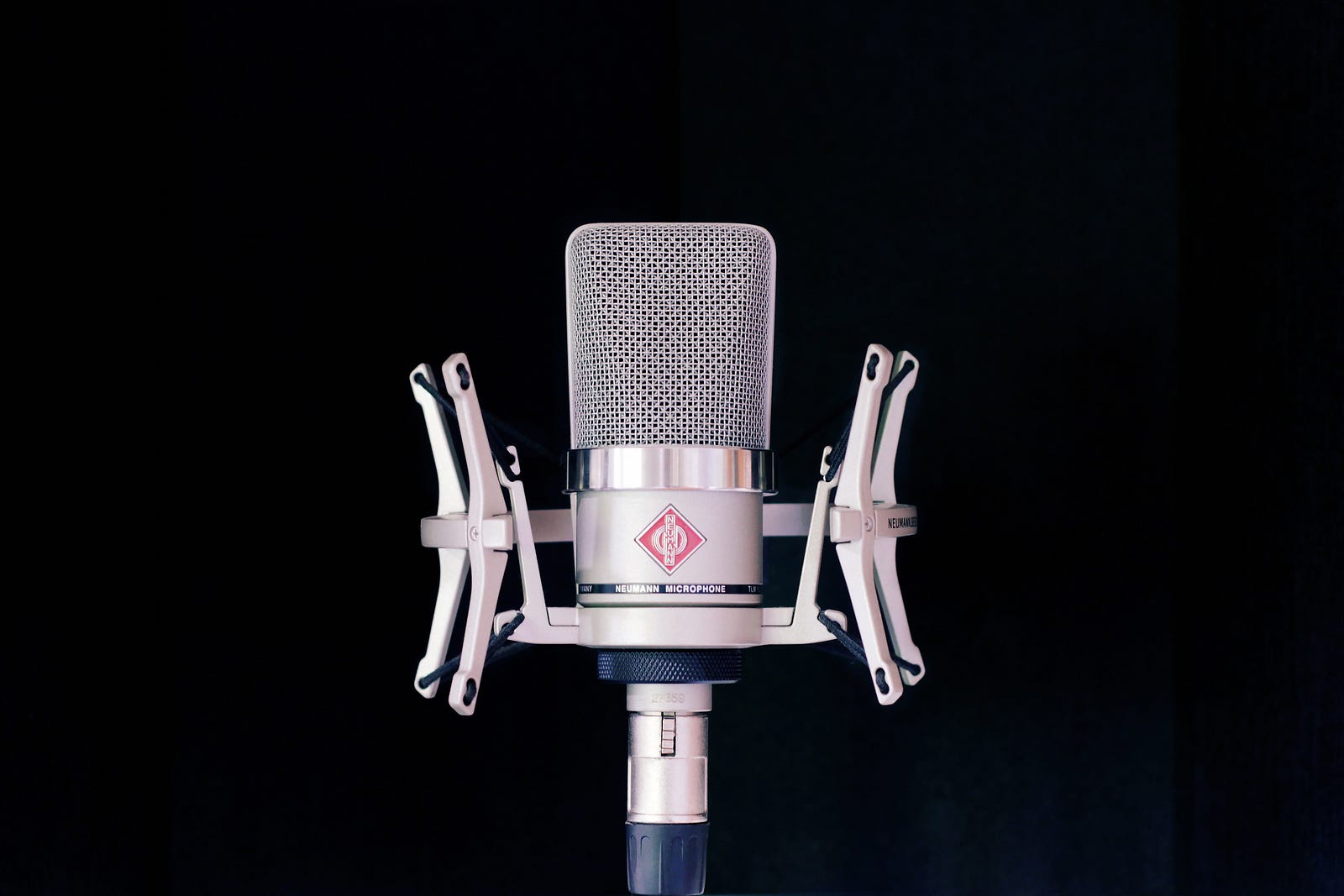The digital race to make you a story teller
Can you imagine updating your Facebook status with an audio clip? Although the podcast and Alexa Skills world is booming, most social media users are not creating their own audio content…yet.
We’re closer to that reality than you might realize. TechCrunch broke a story about Facebook testing Voice Status updates with certain users in India, leading us to wonder when the rest of the world will gain access to the new feature.
Facebook’s jump into audio is its next step in its strategy of creating “meaningful interactions” between users. Since Facebook’s algorithm update in early 2018, Facebook has aggressively pushed the narative of fostering “meaningful human interaction” on its platform. And voice is clearly Facebook’s next big step to fulfill their meaningful interaction strategy. Emotionally compelling audio clips will stand out amidst the tsunami of online text, leading users to feel connected to their Facebook friends once again.
Just imagine a voice crack in an audio clip — with the speaker’s tone conveying sarcasm, glee, hurt, or remorse.
Listening to a voice clip would provide a raw, intimate picture into a person’s life. And it’s going to fuel storytelling unlike anything Facebook has done in the past five years. When your baby nephew says something adorable to his parents, they’ll reach for audio to proudly tell their story. Why? Voice provides a personal and emotive connection without the self-consciousness, time requirements, and editing knowledge linked to video creation.
And unlike most videos, Facebook’s audio clips function will be designed to be uploaded raw, leading to a greater incentive to post frequent audio updates. Although people deeply care about their appearance, fewer Facebook users will be self conscious about their voice. They’ll just document their lives over audio in a similar “behind the scenes” way that they’ve been using Snapchat and Instagram stories for the past few years. This shift will likely pull Facebook away from its current assortment of memes, graduation pictures, and personal announcements. Facebook will dive into cute stories and funny anecdotes, which is exactly where Zuckerberg wants to be. A social media platform can’t retain users when it’s bread and butter are life announcements and memes.
We’re used to hearing strangers pour their emotions out in videos and podcasts but we’re not yet accustomed to hearing our friends’ voices on social media without an accompanying video. Facebook has made a bet that audio will disrupt their business and draw audiophiles into their platform. Anchor, an app created to democratize the podcast creation process, totally bet on this several years ago when they build an entire business on it.
Three predictions on the war for your digital voice
I want to close off this article with three predictions, with the majority of my analysis pertaining to Facebook’s new competitive relationship with Anchor. Firstly, Facebook jumping into the audio business will be positioned as competing with Anchor. Anchor allows users to upload mini-podcasts and respond to audio by leaving comments in audio format. I predict that Facebook is considering audio comments. Moreover, I can see Facebook making an offer to acquire Anchor, similarly to the offer made to Evan Spiegel and Snapchat in 2013. I have no personal relationship with Anchor, but I would imagine that Anchor would be likely to merge with Facebook. In the “Instagram stories era”, social media networks are well aware of Zuckerberg’s ability to eat them for breakfast.
Secondly, I think that voice updates and voice comments are inherently chaotic. Think about it: you can search for text but you can’t search Facebook for audio. How annoying would it be to scroll through four months of someone’s posts just to find the specific audio clip that you needed? Therefore, I predict that Facebook will develop a way to sort through audio files (perhaps a user’s timeline will eventually hold a section to listen to their audio clips — and maybe even their audio comments).
Thirdly, Facebook pages could even get an audio-only podcasting function. This could be a sweet spot for brands, which are buying more branded podcasts and also desperately fighting the decline of organic reach on Facebook. I think that Facebook could launch this as the audio equivalent of Facebook’s Watch platform (the page-like entity that holds easily searchable episodes in a way similar to YouTube). It’s hard to explain what I’m talking about, although Gary Vee fans will know that he uses this to upload his DailyVee YouTube series to Facebook. This would allow pages to organize audio in a less-chaotic way.
Audio is a huge boom about to hit the social media world and Facebook will be leading the charge. We’ll have to see whether Facebook acquires Anchor or merely steals all their function and slowly bleeds them to death.



